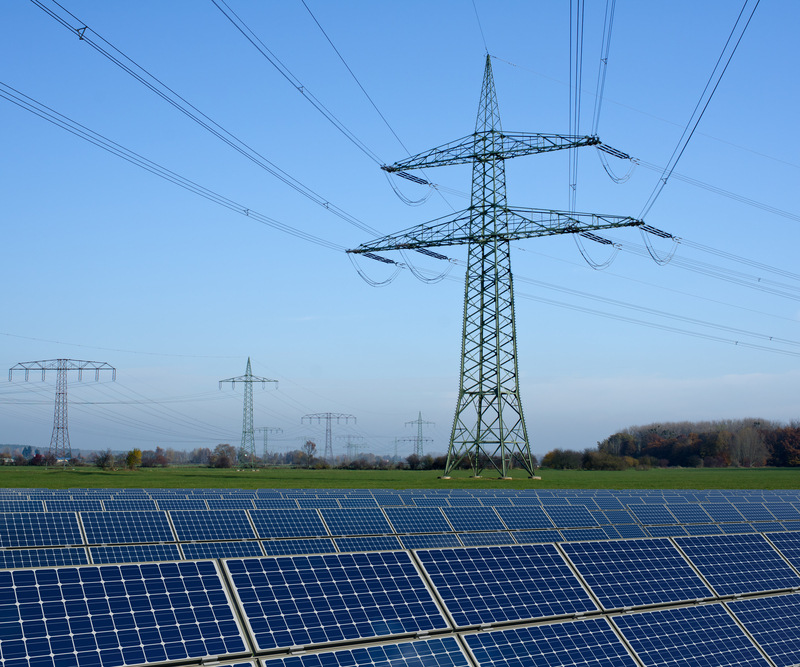This SEIA-backed residential solar panel recycling pilot program in N.C. could be first of many

Solar panel recycling in the United States is starting to come into its own. Many larger scale developers have signed agreements with emerging solar panel recyclers to establish the volumes necessary to grow the industry. Residential solar panel recycling deals can be trickier to ink, but SolarPanelRecycling.com and the Solar Energy Industries Association (SEIA) are working on a solution.
SPR and SEIA are teaming on a partnership program with Mecklenburg County, North Carolina, to establish convenient drop-off locations for end-of-life residential solar panels. North Carolina, ranked fourth in national solar capacity, will serve as the flagship state for this six-month pilot.
The initiative will provide SEIA with key insights to create a template for other municipalities, and the goal is for this pilot program to become a blueprint for expanding the program nationally and making solar panel recycling more accessibly for homeowners.
“Solar panel collection sites like those in Mecklenburg County are paving the way towards a circular economy driven by the sustainable use and reuse of clean energy resources. Thanks to facilities like these, solar panel recycling capacity in the U.S. now exceeds the volume of decommissioned modules entering the waste stream and will continue to do so for the foreseeable future,” SEIA president and CEO Abigail Ross Hopper.
Once the program is complete, SEIA will use the data points gathered; such as the number of panels recycled, recovery rates, and landfill aversions; to inform a more robust expansion of the program into other regions.
Residential solar panel recycling program details
After fielding a high volume of inbound calls from residents wanting to divert their solar panels from landfills, SEIA sought out SPR, one of its approved national PV recyclers, to use its already established collection point infrastructure for this innovative residential program.
“For any recycling industry discipline, the residential sector is always the hardest to serve due to the collection costs of unconsolidated recyclables, but cumulatively it could represent a large opportunity to prevent panels from reaching landfills,” said Brett Henderson, CEO of SolarPanelRecycling.com. “With our already established residential drop-off sites, it was a natural fit to work with SEIA and Mecklenburg County to add this additional service.
The program will take advantage of five electronic drop-off locations across Mecklenburg County, including SPR’s headquarters in Salisbury, N.C. As all sites already have electronic collection infrastructure and pickup scheduling in place, the program will provide the benefit of solar panel recycling at no cost to residents and with no additional carbon emissions.
Mecklenburg County residents or installers can drop off their end-of-life panels at the Compost Central Recycling Center at 140 Valleydale Road in Charlotte to participate in this convenient recycling program. Over the coming weeks, the remaining drop-off locations will open for residential use.
“Mecklenburg County works to be a leader in responsibly managed resources. Part of this work centers around being good stewards of our environment and lessening dependence on landfills,” said Jeffrey Smithberger, Solar Waste Director of Mecklenburg County. “Partnering with others to find creative methods of recycling old solar panels is very desirable to keep these items out of our landfills. The process also makes it easy for our residents to recycle these special items at our existing recycling centers and we’re excited to initiate this new process.”
Solarpanelrecycling.com at a glance
A SEIA-approved recycling vendor, SPR’s proprietary technology recovers up to 95% of valuable materials, such as silver, silicon, copper, aluminum, and glass for reintegration into the local supply chain. The industry average to this point is under 50% material recovery.
“As part of our mission to keep all solar panels out of landfills, we want this program to serve as a blueprint for other regions to adopt residential solar panel recycling nationwide,” Henderson stated.
SPR has established facilities in Texas, Georgia, and two locations in North Carolina, and plans for more because “new facilities nationwide helps reduce the carbon footprint associated with transporting panels from solar sites to recycling centers.” As SPR rapidly expands nationwide, the company seeks collaboration with more organizations dedicated to true solar recycling.





Comments are closed here.